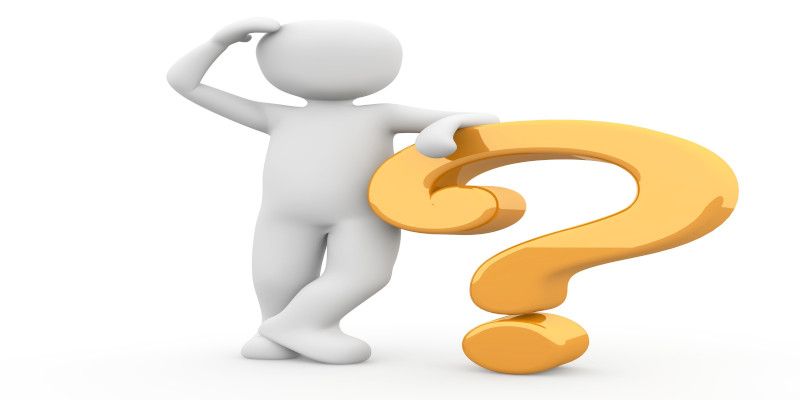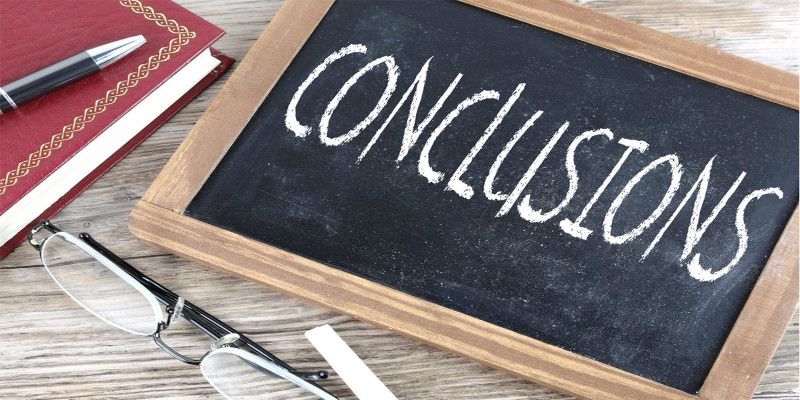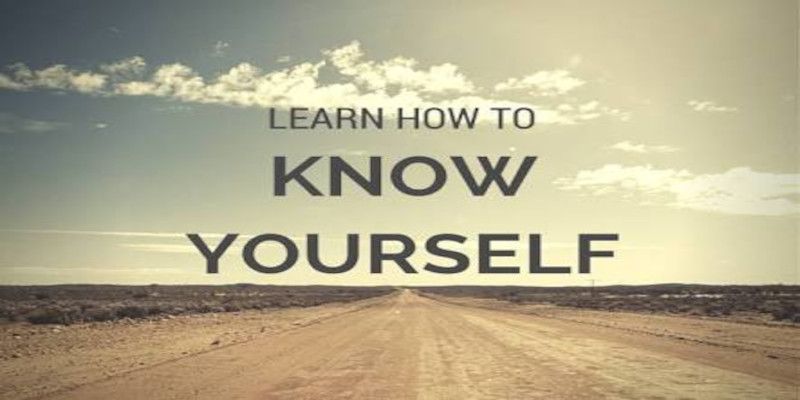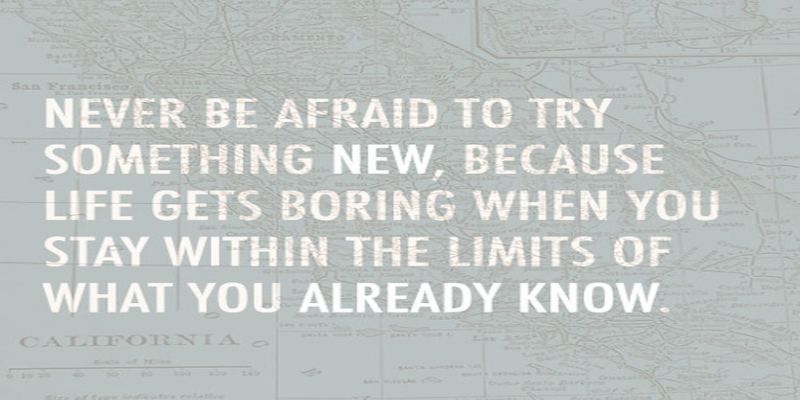Table of Contents
ToggleTo understand others, and how the world operates, we must first know ourselves. And we already know that knowledge speaks, but wisdom listens.
There’s a large amount of precious information stored in our minds that we can use to enhance our existence and that of others. That is if we’re willing to be introspective and to explore our psyche.
That’s why knowing yourself is the beginning of all wisdom.

The power of knowing yourself is that it teaches you all about yourself, others, and the world itself. This can be used to our advantage if we’re willing to apply that knowledge.
It teaches you about yourself
Knowing yourself is the beginning of all wisdom because it teaches you to understand yourself, and what makes you tick. This is the precursor to understanding those around us.
When you explore your thoughts and actions, you get to know and understand why you’re carrying out the things you’re doing. A lot of the things we tend to do are done subconsciously, without truly thinking about it. That’s why it’s so vital to understand why we’re exhibiting said behavior to make sense of it.
Constantly asking yourself the ‘why’ question can lead to a much better understanding of your mentality. When you understand how your mind works, and how your thoughts flow, then you also understand others because they’re human, just the same as we are. That means they’re an extension of our psyche.

That’s not to say that we will always think the same, and that’s for the better. What an absolutely boring and stale world would it be if everyone would think and act the same? That would just mean that the world became stagnant without any progression whatsoever.
The quote, “We cannot solve our problems with the same thinking we used when we created them” by Albert Einstein is most certainly appropriate in this case indeed. We need different thoughts, ideas, and resolutions that caused those issues in the first place.
Knowing oneself is the beginning of wisdom since it allows us to extrapolate that understanding to other people, and the world as well.
It teaches you about others
The power of knowing yourself is that it teaches you how others think, and consequently, behave. That’s because our actions are simply a representation of our mental state.
When you finally understand yourself fully, which includes the things you like about yourself, but also the characteristics you despise, then you also automatically understand others.
While each individual is different, people are more alike than they are different. Thus, the way you think and act will largely be the same as others.
It teaches you about the world

And finally, if you know yourself, and how others think, then you can understand how the world, and the systems in it function.
Because in the end, what makes the world go around is the people in it. It is us who keep companies and systems functioning.
And once we truly understand ourselves and those around us, is when we know how these things work and move.
Frequently Asked Questions (FAQ)
Knowing yourself is the beginning of all wisdom meaning
Knowing yourself is the beginning of all wisdom means that you can’t understand others, or how the world works if you don’t even have an apprehension of who you are, and how you think.
There’s an incredible well of knowledge stored inside each one’s body, or rather, mind. When you understand yourself, both your good and bad traits, then you can extrapolate this knowledge to other people as well. That’s why understanding your shadow side is so essential to figure out yourself and those around you.
Who said knowing yourself is the beginning of all wisdom?

Who is Aristotle?
Why is knowing yourself important?
Understanding yourself means you have to examine yourself by being introspective and self-aware. This increased knowledge of your character can create deeper, and more loving relationships with others.
Why it is important to know yourself first?

Analyzing yourself means you need to be self-conscious in addition to introspective to do so.
How do you start knowing yourself?
Examine your current self
Examining your current self is the start of truly understanding yourself.
It involves visualizing where you currently stand in life in addition to where you want to be 3 months, 1 year, and even 10 years down the road. It means looking objectively at your strengths, but also your weaknesses to work on.
The most important thing is to look at yourself honestly, objectively, and with an open mind. Don’t try to pretend that you’re better than you are. Try to look at yourself candidly instead of whom you would like yourself to be.
Having a mental representation to aim at is good, but you shouldn’t pretend to be someone you’re not just for the sake of feeling, or seeming, superior.
Visualize who you want to be
Visualizing who you want to be is a great way to get a clear picture of who you’d like to be in the future.
Knowing who you want to become gives you a new perspective, and the much-needed knowledge of the things you need to change, improve, or quit to reach those lofty goals.
My recommendation would be to look forward multiple years instead of just months. Make a plan where you want to stand in life in 6 months, but also in 2 years, and even in 5–10 years.
Examine your passions

Examining where your passions lie serves multiple purposes. It allows you to realize where your interests lie that are the most valuable, and exciting to you.
The other function it has is guiding you toward your strengths. Because the work you’re most interested in and excited about is typically the line of work you will excel the most.
While working on your weaknesses is important, playing to your strengths is key. Stay true to yourself and your positive characteristics.
Explore your strengths and weaknesses
Exploring your strengths and weaknesses helps you to map what you should be working on, and what you’re already excelling at. A SWOT analysis can help you to visualize your positive, and less desirable traits.
Just because something is your strength doesn’t mean we shouldn’t work on it, or that it can’t be improved, either. We know that we’re usually most successful when we play to our strengths rather than our weaknesses.
But eliminating, or reducing, glaring holes in our abilities is also essential to cover all bases and to allow us to thrive.
Discover what you value, and what you dislike about yourself
What things in life are most critical to you? Is it your career? Your friends? How much money you earn? The path towards self-improvement and self-actualization? What do you dislike about yourself? What things would you rather not do in life?
These are all good questions to figure out what you value in life, and what you dislike about yourself.
Try to do more things that are influential to you, while reducing, or eliminating, the things you don’t like about yourself. It’s wrong to think about yourself as something that’s simply decided by genes and environment.
We can change ourselves, although it’s admittedly very hard. But we must take ownership over our own lives, and over our past, and future choices.
Try new things

You should never be afraid to try new things. Because to improve, you need to be willing to change things up. Attempting to alter things means risking the possibility of failure.
Even daring to think about yourself, your abilities, your strengths, and your weak points involve a lot of courage. That’s why being daring enough to try unexplored territories is necessary to gain opportunities to better yourself.
And we know that luck is when preparation meets opportunity. We need to create our luck.
Evaluate your current skill set
Evaluating your current skill set involves looking at what your capabilities are at this very moment.
It teaches you a lot about what you’ve been doing for the past months, years, and even your whole lifetime that led to you gaining these skills, or possibly, the lack thereof.
When we’re lacking something in our current abilities, then that means we have been doing something wrong, or not up to par. And that’s what we need to know to change it for the better.
Learn new things
Trying out new things will cause you to learn new stuff. Acquiring new abilities involves attempting new stuff. Things we’re unfamiliar with will always be challenging and hard at first.
The things you need to learn to better your life lie on the other side of the road, outside your comfort zone. And it’s exactly that place that we typically tend to avoid because we’re scared, or feeling insecure.
Again, being courageous enough to push through, and to attempt these new scary things will transform you into a new, better version of yourself.
Question yourself

Questioning yourself is what you’ve been doing up until now, and it’s what you need to continue to do to learn more about yourself, and to figure out how you can change your fate. That’s how you create a growth mindset.
What am I doing that I could do better? What should I stop doing? How can I be happier? How can I earn more money? How can I become more valuable to the people I love?
All these are valid questions to learn more about yourself in addition to your values.
Journal your discoveries
Journaling your discoveries is a great way to track your progress. Making something visual is always more objective than simply going by feeling, which is subjective. And we need to be impersonal to structurally improve something.
Write down actions such as what you value, what you like and don’t like about yourself, what you would want to change, and what your strengths and weaknesses are.
What is an example of knowing yourself?
It’s about figuring out what makes you tick. What drives you to get out of bed, what do you find valuable in life, and what do you want to achieve in life?
What is the beginning of all wisdom?
Aristotle probably said it best.
“Knowing yourself is the beginning of all wisdom.”
This means that you must first understand yourself, and how your mind works, to become wise. This involves acquiring new knowledge.
What is the key to knowing yourself?

The key(s) to knowing yourself are being self-conscious, and introspective.
This allows you to figure out your temperament, mission, interests, values, activities, and positives in life.
Knowing yourself is the beginning of all wisdom synonyms
Knowing yourself is the beginning of all wisdom has many synonyms and different variations such as:
- To know thyself is the beginning of wisdom
- Knowing oneself is the beginning of wisdom
- Knowing yourself is the beginning of wisdom
- Knowing thyself is the beginning of all wisdom
- Knowing others is intelligence, knowing yourself is true wisdom
While the wording is slightly different, the meaning remains by and large the same.
Final note

Knowing oneself is the beginning of wisdom. But to accomplish that incredible feat, we must be willing to fail, be brave, and be self-examining.
Make sure to properly understand yourself before judging and trying to understand others. Analyze your good personality traits, but also the characteristics about yourself you deem to be negative, or unwanted.
That way, you know what you want to achieve in life, how to get it, and what to shift to reach your dreams.




3 thoughts on “Why knowing yourself is the beginning of all wisdom”
Comments are closed.